The Rockefeller Foundation aims to center equity in all its work.
But we know equity is not only one thing: it looks different in different populations–for instance, broadening access, elevating voice, or providing resources. For a Latino community in Miami, it’s about supporting micro-businesses to create inclusive and sustainable neighborhoods, while for millions of stigmatized in India—including transgender women and men, sex workers, and urban poor—it is about participating in creating pop-up clinics and equitable access to Covid-19 vaccines.
For the world’s largest refugee settlement, in Bangladesh, it can mean bringing wastewater monitoring to non-sewered alleyways to help prevent disease outbreaks. In the Russell neighborhood of Louisville, it means helping Black entrepreneurs who have never had a break establish or grow businesses. For Indigenous in Canada, it can be access to healthy and fresh food, and in Nigeria, it means bringing technology to support faster and cheaper genomic sequencing. For Puerto Ricans, access to clean, renewable energy is a step toward equity.
Bringing justice to a neighborhood or a nation lifts all. This quarter’s Matter of Impact asks us to consider the many reasons and ways to focus on #MakingOpportunityUniversal and sustainable.
Featured Stories
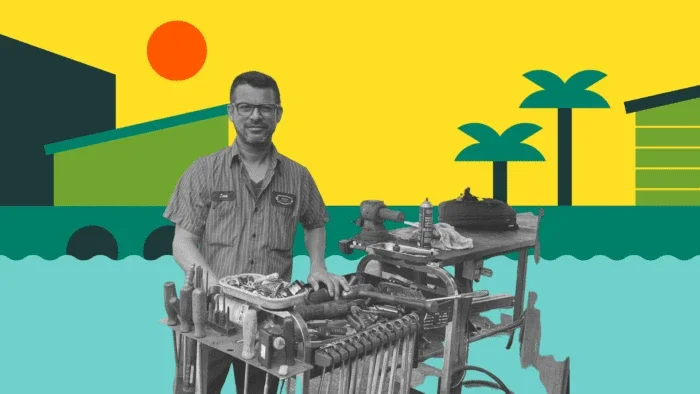
As Miami's Allapattah neighborhood shows, closing the racial wealth gap increases productivity and creativity not just in a particular community or city, but across the country.
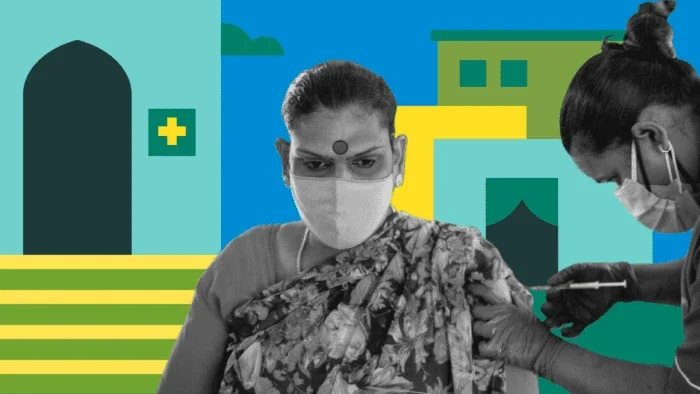
With HIV, diabetes and heart disease, the transgender woman living alone in Bengaluru, India, was …
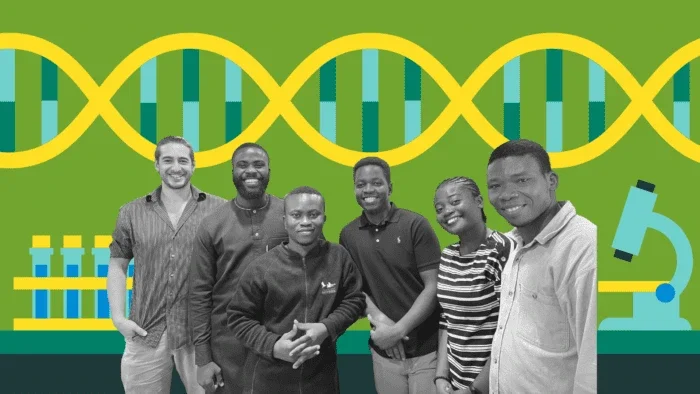
As the Founder and Director of the African Centre of Excellence for Genomics of Infectious …
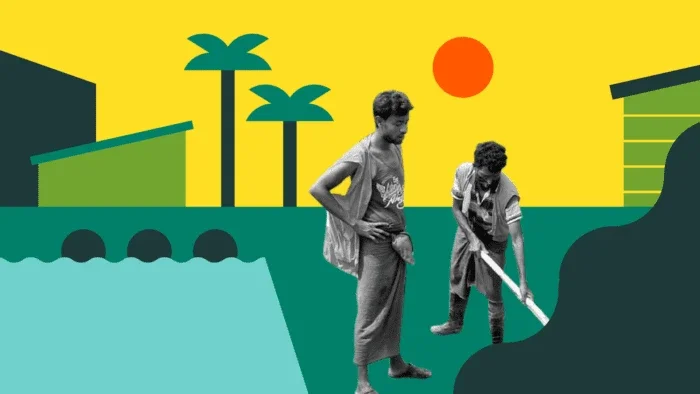
Wastewater monitoring arrives in the world’s largest refugee community, raising hopes of reducing infectious disease.
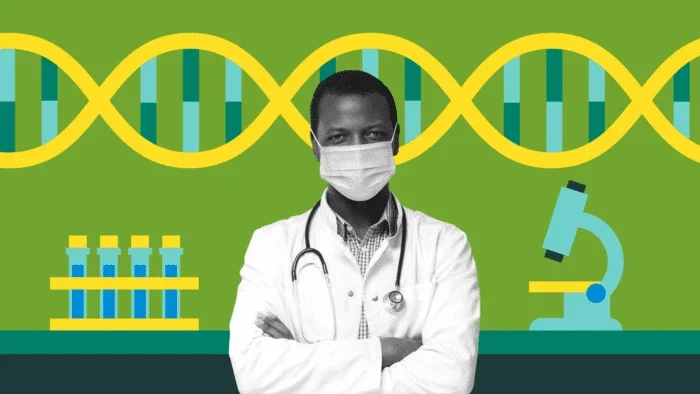
Growing up in a farming household in Homa Bay, a rural town in western Kenya …
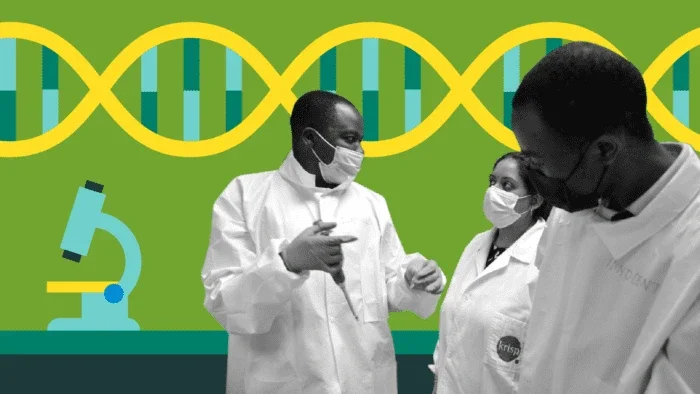
When the Covid-19 pandemic began, only a single lab in Malawi was working to sample …
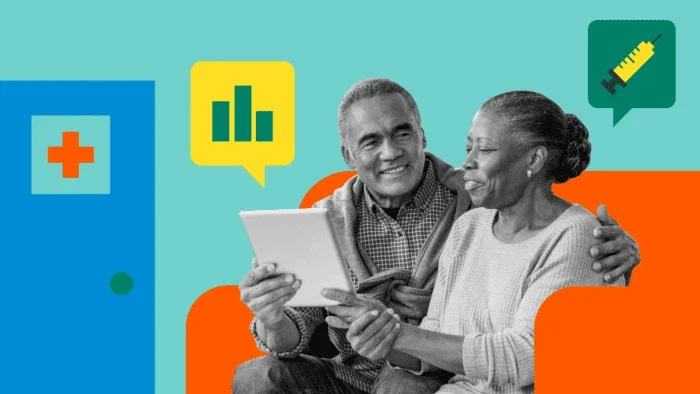
In the first year of the Covid-19 vaccine rollout, the United States struggled to reach …
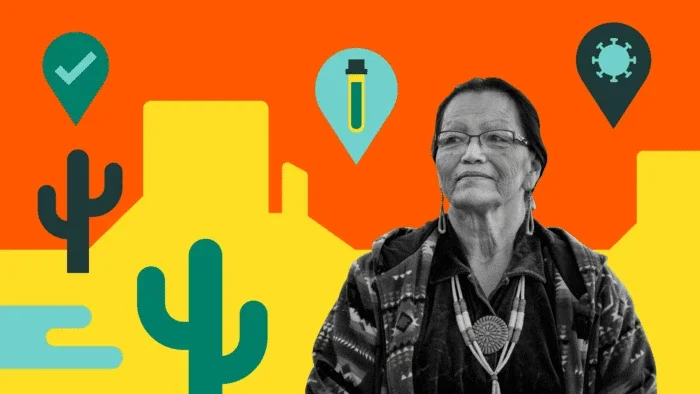
A partnership form to equip Tribal communities with needed expertise to identify harmful pathogens in wastewater.
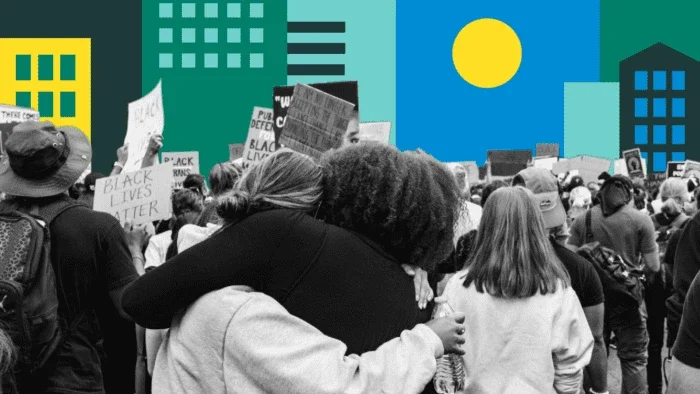
Economic development organizations (EDOs) are mandated to promote the economic wellbeing, vitality, and quality of …
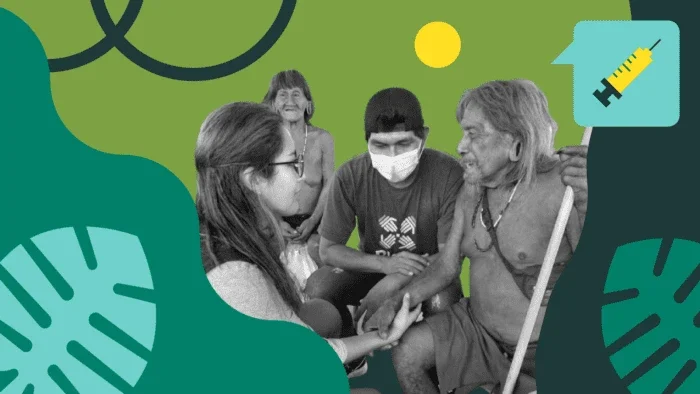
On-the-ground listening and trusted messengers proved key to vaccinating communities against Covid-19--and saved lives in the Amazon rainforests.